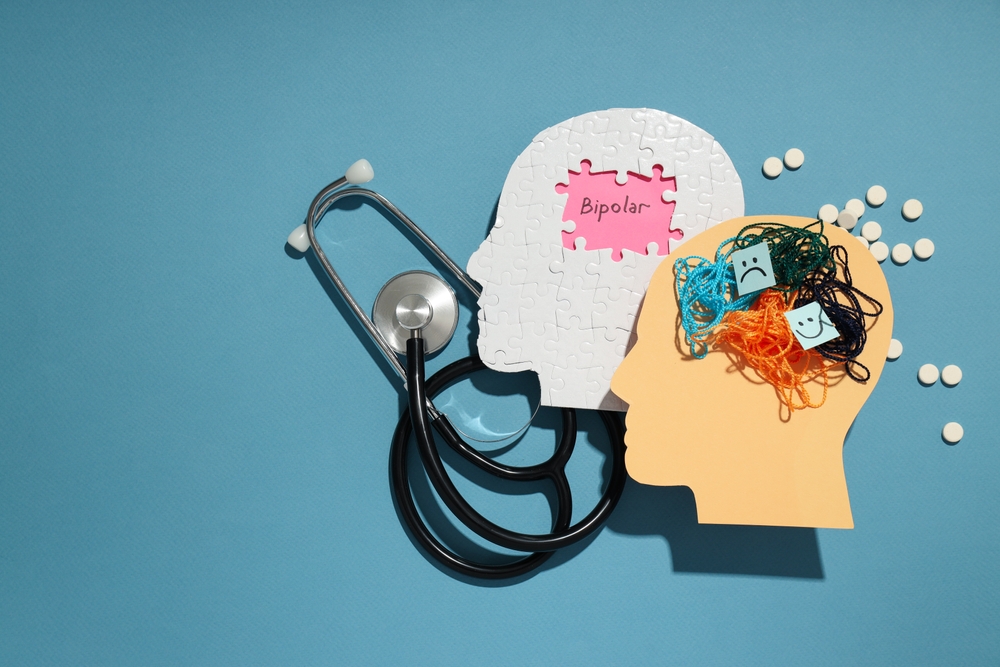Mental health plays a crucial role in overall well-being. For individuals experiencing emotional or psychological distress, choosing the right therapy can be life-changing. With growing awareness and access to care, it’s now easier than ever to explore effective treatment options. This article discusses the best therapy for mental disorders, highlighting proven approaches that can support healing and transformation.
Understanding Mental Disorders and the Need for Therapy
Mental disorders encompass a wide range of conditions, including anxiety, depression, bipolar disorder, OCD, PTSD, and schizophrenia. These conditions can interfere with relationships, work, and daily functioning. While medication is sometimes used, therapy remains one of the most effective long-term strategies. The best therapy for mental disorders often depends on the nature of the condition, the individual’s personality, and their specific needs. Therapy provides a safe, structured environment to explore emotions, change harmful thought patterns, and develop coping mechanisms.
1. Cognitive Behavioral Therapy (CBT)
CBT is one of the most widely used and evidence-based therapies for mental disorders. It focuses on identifying negative thought patterns and changing them to improve behavior and emotional regulation. CBT is highly effective for treating depression, anxiety disorders, phobias, and PTSD. It helps individuals become more aware of their thinking habits and teaches them how to reframe distorted thoughts, leading to healthier responses and improved quality of life.
2. Dialectical Behavior Therapy (DBT)
Originally developed for borderline personality disorder, DBT has also been found effective for mood disorders, self-harm, and chronic suicidal ideation. It combines elements of CBT with mindfulness and emotional regulation strategies. DBT emphasizes validation and acceptance while working toward change. For individuals who experience intense emotional swings, DBT provides tools to manage distress and improve interpersonal relationships.
3. Psychodynamic Therapy
Rooted in Freudian theory, psychodynamic therapy explores how unconscious thoughts, past experiences, and unresolved conflicts influence current behavior. This form of therapy is useful for individuals with deep-rooted emotional issues, relationship problems, and trauma. While it may require longer-term commitment, psychodynamic therapy helps uncover patterns and beliefs that shape behavior, offering insight and long-term relief.
4. Humanistic and Person-Centered Therapy
This therapy emphasizes self-growth, personal responsibility, and emotional authenticity. It creates a supportive, non-judgmental environment where clients can explore their feelings and values. Person-centered therapy helps individuals struggling with low self-esteem, depression, or a lack of direction in life. It focuses less on diagnosis and more on fostering personal empowerment and self-awareness.
5. Exposure Therapy
Particularly effective for anxiety disorders and PTSD, exposure therapy helps individuals face and gradually overcome their fears in a controlled and safe setting. The goal is to reduce avoidance behavior and help individuals regain confidence in their ability to handle distressing situations. This therapy is often combined with CBT for maximum effectiveness.
6. Family and Group Therapy
Mental health challenges often impact families and relationships. Family therapy helps address communication issues, improve understanding, and rebuild trust among family members. Group therapy, on the other hand, brings together individuals facing similar challenges. Both options offer support and reduce feelings of isolation. Group therapy also fosters a sense of belonging and shared healing.
Choosing the Right Therapy for You
The best therapy for mental disorders varies depending on each person’s unique needs, diagnosis, and preferences. Factors such as the severity of symptoms, past trauma, and personal values play a role in determining the best approach. It’s also important to find a therapist who makes you feel safe and heard. Don’t be afraid to ask questions, seek second opinions, or change therapists if you feel the current one isn’t the right fit. Accessing therapy is easier now with services like Mpower Minds and iCall at TISS, which offer professional mental health support in India.

When to Seek Professional Help
If you’re feeling persistently sad, anxious, overwhelmed, or disconnected, therapy can be a valuable step toward healing. Even if you’re not sure what’s wrong, talking to a trained mental health professional can provide clarity and support. Don’t wait for symptoms to become severe—early intervention leads to better outcomes. If you’re unsure where to begin, contact us for a confidential consultation and guidance tailored to your needs.
Final Thoughts
Choosing the best therapy for mental disorders can be a powerful turning point in one’s mental health journey. Whether you’re seeking help for yourself or someone you care about, therapy offers tools, insight, and support for lasting change. Mental health is not a destination but a continuous process of growth, awareness, and resilience. The right therapy can make all the difference—because everyone deserves to feel better, think clearer, and live fuller.
Learn more about mental health through our related content, designed to support your journey toward understanding and healing.
Understanding the Different Types of Mental Disorders
Recognizing the Symptoms of Mental Illness: A Guide to Early Awareness

